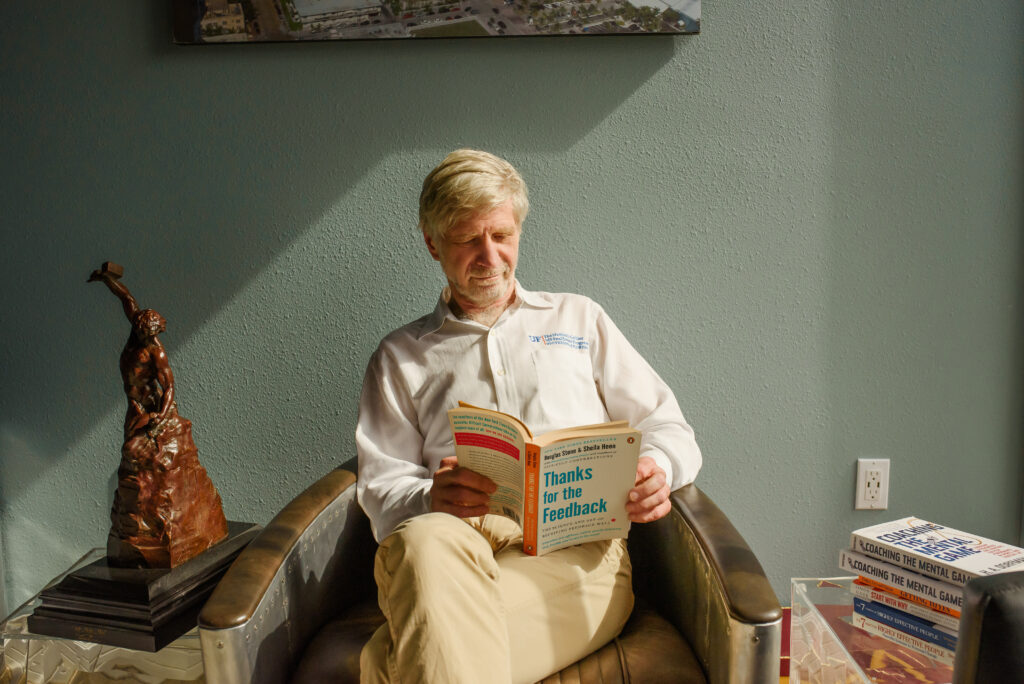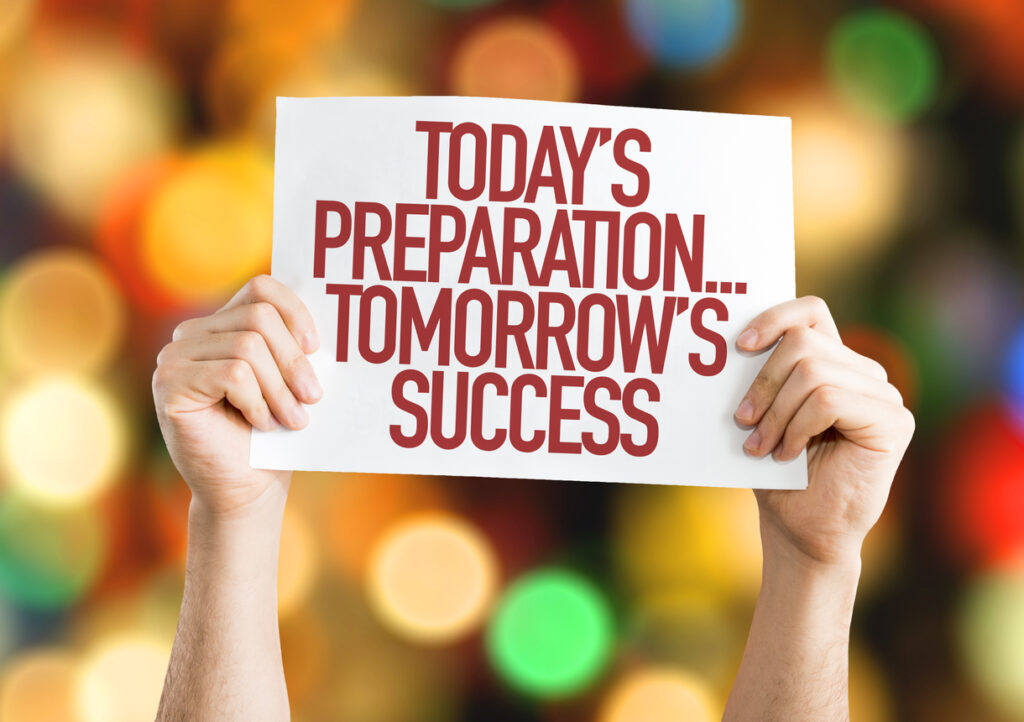The question is for real. It is not intended to be a koan.* “What do you do when you do nothing?” asks what do you do with your spare time? What do you do when you are bored or drifting? What do you naturally trend toward?
Do you turn on the television? Open the refrigerator? Call a friend? Seek out your spouse?
I tend to open a book, take a walk in the woods, or write a blog to post.
There are no wrong answers per se. “What do you do when you do nothing?” is just a question in an interesting way to start a process of self-examination. When Socrates (469 B.C.-399 B.C.) was on trial for heresy because of his teachings (upsetting the powers that be, the established order) he said to the jury, “The unexamined life is not worth living.” Socrates was saying he would chose a sentence of death before he would agree to cease his questioning.
We are what we repeatedly do, and the secret of our future lies in our habits and routines. So, once again: What do you do when you do nothing? Who are you? Are you who you wish to be?
_______________________
* A famous koan is “What is the sound of one hand clapping?” English-speaking non-Zen practitioners sometimes use koan to refer to an unanswerable question or a meaningless statement. However, in Zen practice, a koan is not meaningless, and teachers often do expect students to present an appropriate response when asked about a koan. Even so, a koan is not a riddle or a puzzle. Appropriate responses to a koan may vary according to circumstances; different teachers may demand different responses to a given koan, and a fixed answer cannot be correct in every circumstance. One of the most common recorded comments by a teacher on a disciple’s answer is: “Even though that is true, if you do not know it yourself it does you no good.” The master is looking not for an answer in a specific form, but for evidence that the disciple has grasped the practical use of the koan in daily life, or, in other words, has actually given up some previous attachment. (Source: Wikipedia)
This is a classic from the NSC Blog archive, originally posted May 19, 2008.





